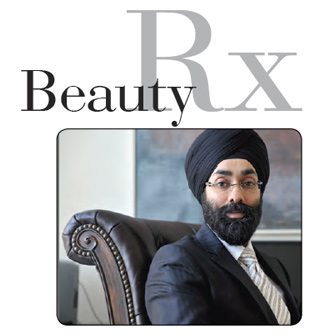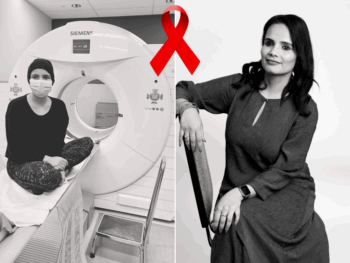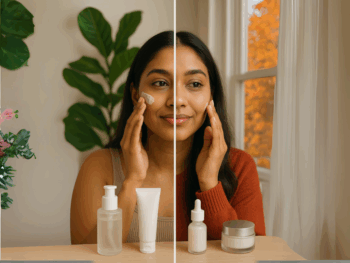
A new frontier: Ethnic skin dermatology
What is dermatology?
Dermatology is the branch of medicine that deals with diseases of the skin, hair and nails. As dermatologists, we treat all aspects of skin from psoriasis, acne and eczema to skin cancers such as melanoma and cosmetic concerns. Skin is our largest organ so dermatological conditions can be a great indicator of other issues occurring within your body.
Ethnic skin care: A reality of multiculturalism
We are amidst demographical shifts that are rapidly changing the way dermatological care must be given. By 2050, it is estimated that those with pigmented skin will represent more than 50 percent of the population in the United States. Here in Toronto, that time has already come. The United Nations has declared us the most ethnically diverse city in the world and there is little question in my mind that the multicultural fabric of our community is one of its defining features and greatest assets. This same trend can be seen in urban centres all around the world.
While variations in skin colour are evident to the naked eye, there are acute differences in skin structure between ethnicities. For example, for those with a South Asian background, skin has more pigment and more fibroblasts (cells which produce collagen). Fundamental differences in skin structure result in an increased frequency of specific dermatological issues. Scarring and pigmentation issues are much more prominent in the South Asian community. People with ethnic skin can liken their skin to a banana peel: trauma of any kind, even something as small as an insect bite, often results in lingering dark marks. Skin disorders appear differently and are often harder to diagnose. What appears red in light skin often looks purple in darker skin, so establishing a correct diagnosis can only be done by someone with extensive experience.
Additionally, cosmetic treatments done correctly can have a tremendous impact on patients with ethnic skin, whether it is laser hair removal, improving hyperpigmentation or a variety of other issues. In the wrong hands though, cosmetic procedures can be devastating and leave lasting side effects. Laser hair removal is a good example. Patients with darker skin tones are often denied treatment due to safety risks. Because lasers target pigmented hairs and there is pigment in the skin that competes with this, the skin can easily sustain burn injuries after being subjected to incorrect settings. With laser hair removal, one must be able to trust their provider to use the correct technology and have the correct skill to identify parameters, thus eliminating side effects altogether. The same concerns apply to the use of lasers for other cosmetic issues.
So why is ethnic skincare important? A “one-size-fits-all” approach is not sufficient when it comes to skin care and patients with every skin type deserve the opportunity to have comprehensive treatment.
Dr. Davindra Singh is lead dermatologist and president of AvantDerm, www.avantderm.ca, a full-service dermatology clinic located in Toronto’s historic Distillery District. This modern, custom-designed facility is home to the first Ethnic Skin Institute in Canada and the city’s first Rapid Access Clinic.
Have a Beauty Rx question? Email him [email protected]
BY DR. DAVINDRA SINGH / PUBLISHED IN THE 9TH ANNIVERSARY / JANUARY 2012 ISSUE
COMMENTS
YOU MAY ALSO LIKE
Newsletter Sign Up
Subscribe to our FREE newsletter for all of the latest news, articles, and videos delivered directly to your inbox each day!


















































































































